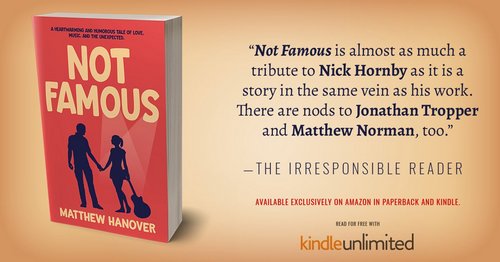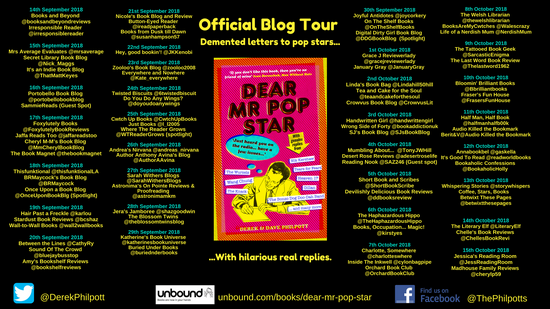|
To be totally frank with you we are just two ordinary blokes. I’m obsessed with music, am extremely knowledgeable about it and it’s my day job, So I revere and view artists and songs from a skewed perspective. My father though knows nothing about music, is completely detached from it and doesn’t know or care if a tune is by a world famous artist or a band in a garage down the road. Hence, when Mick Jagger sees a red door and wants to paint it black, I marvel at an angst-ridden motif of despair and the hopelessness of the human condition from the pen that bought us ‘Sympathy For The Devil’. My dad though, oblivious to Mr. Jagger’s pedigree, will say:
‘’What a fool! If he doesn’t put a strong undercoat on there it’s going to turn up purple. Your Uncle Len did that once and..’’
…and then he’s off on a diatribe about bad D.I.Y. or, as I believe our American friends call it, Home Improvements. How it would always work is that I would play him a song, or perhaps even give him a copy of the lyrics to a famous tune, let him digest it for a while and then wait for the gold, which would normally just be him wittering on for a while about the record interspersed with details of how his day would pan out and what the neighbours were up to. I would note this all down, edit it and it would form the body of a letter to the artist. In 2008 we put together a website of about 50 or 60 letters, which we would add to regularly, and then we set up our Facebook page. We thought it was funny enough that these unanswered missives were sitting there in the misty ether. We found ourselves with a fierce fan base and then one day, about two years into the project, we got a reply from one of the artists themselves. Crucially this contact was secured not through official channels but from a mutual fan who knew the pop star personally. We then realised that this could be an interactive dialogue with the rock and pop stars and that, importantly, we could get to these artists through ‘the back door of the industry’. This could be through friends of friends, roadies and crew, the bass player’s cousin or any indirect route. This made the process a lot more personable, as we were being recommended by people who knew who we were and what we did and that it was all a bit harmless and daft. Eventually we got to the point where the rock stars were telling each other. I wrote to a pop star last year, asking if they would like to get involved and if they knew who we were, then the immortal reply “Oh god, I’ve been dreading and looking forward to being asked one day!” came back and we were absolutely thrilled.
We made sure that we got the full consent of the artists to use their replies and that they were happy for us to share them. Every single one of them told us that they were more than happy and they all got behind us and some even supported us by telling their own fans about us.
Owen Paul told us, in not so many words, that he felt that this is so obviously an organic project which he’d seen this grow over years and if we had been a couple of journalists then he just wouldn’t have got involved because it would be contrived rubbish.
It took us a long time, nearly an entire decade in fact, but we ended up with enough material for a book which we self published after an amazingly successful campaign on Kickstarter, through which we were able to raise £18,000. The success of that volume bought us to the attention of our now publisher, Unbound, who encouraged us to do a second. |







